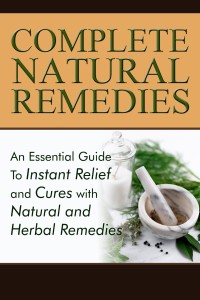 Symptoms usually occur within one to three days after catching the cold or being exposed to the virus. They often start with a burning feeling in the nose or throat. Many individuals go on to experience sneezing, runny nose and the feeling of being tired and less specifically not well. In the early days, nasal secretions, as the cold continues to progress they become sicker and darker. It was once believed that dark mucus or yellow mucus meant you had developed a bacterial infection but researchers today understand that this is not the case.
Symptoms usually occur within one to three days after catching the cold or being exposed to the virus. They often start with a burning feeling in the nose or throat. Many individuals go on to experience sneezing, runny nose and the feeling of being tired and less specifically not well. In the early days, nasal secretions, as the cold continues to progress they become sicker and darker. It was once believed that dark mucus or yellow mucus meant you had developed a bacterial infection but researchers today understand that this is not the case.
Some individuals will develop a mild to moderate cough and those who have asthma may find that their control of their disease has suddenly disappeared. Usually there is no fever but sometimes individuals can experience a mild low grade fever of less than 100°F. After about three days the worst of the symptoms are usually over. However, you can continue to experience congestion for over a week.
During the first three days you have a cold you are contagious to others so it is best to stay home and rest so that you don’t spread the virus to other people and that you will recover much more quickly.
If you continue to feel bad for over a week to 10 days you should seek the advice of your primary care physician who may do sinus x-rays or a nasal swab to determine if you are suffering from another illness. Complications can ensue in individuals who have a compromised immune system and can include bronchitis, ear infection in adults, pneumonia, sinusitis or worsening of their asthma.
Colds are usually seen in young children just before they develop an ear infection because of the drainage of the fluid behind the eardrum and the likelihood that they will develop a bacterial infection.
Preventing a cold is so much easier than suffering through one so avoid secondhand smoke, unnecessary antibiotics, drink plenty of water and get enough rest. Some research has found that bacteria in yogurt has helped in the prevention of colds. Wash your hands whenever you feel you may have come in contact with the germs and periodically throughout the day. Keep your hands away from your nose, mouth and eyes and use paper towels to dry your hands during cold season instead of sharing a cloth towel.
| Advertisement | |
 |
|


Leave a Reply